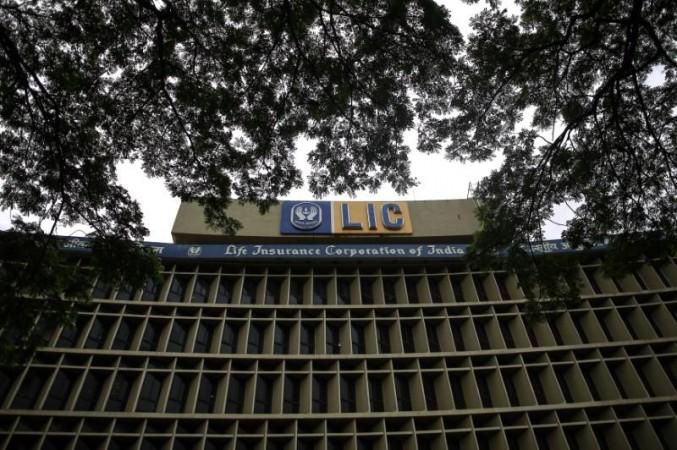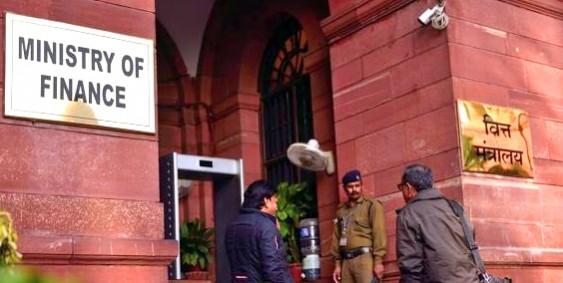
Life Insurance Corporation of India (LIC)'s much-awaited mega initial public offering (IPO) could turn out to be much larger than anticipated. The Modi led government is working on a proposal to sell up to 25 percent stake in the state-run insurer. Moreover, the government is also planning to give bonuses and discounts to retail investors. As per a report in Moneycontrol, the move is seen as raising capital for this financial year that is marred by huge losses due to COVID-19 related lockdown.
Stake sale to take place in tranches
One of the people related to the development said, "The Department of Financial Services under the finance ministry has floated a draft Cabinet note for stake sale in LIC to the ministries concerned, SEBI, IRDA, and NITI." He further added, "Dilution of government shareholding from 100 percent to 75 percent in LIC in one or more tranches has been proposed."
Stake sale to support governments' finances
Notably, the earlier reports have claimed that the center is willing to dilute about a 10% stake in LIC but the financial restrain which arose due to the Coronavirus pandemic has prompted the government to think for a higher stake sale. The hit in revenues of the center means that it is going to miss the fiscal deficit target for this fiscal. Moreover, the center has already shown its inability to honour GST compensation to the state governments.

It appears in the initial phase that the government will press forward with a 10 percent stake sale and the remaining stake sale will be tale place in more than one tranches. This is because the capital market regulator SEBI's guidelines mandate that the minimum public shareholding should be at least 25 percent within three years of listing.
The government is likely to incentivize retail investor participation by offering up to 10 percent discount during stake sale. That discount can also be offered to LIC employees. Up to 5 percent of shares can be reserved for both retail investors and employees. However, Alternate Mechanism (a Mini-group) will take the final decision on the reservation of shares and the discount.














